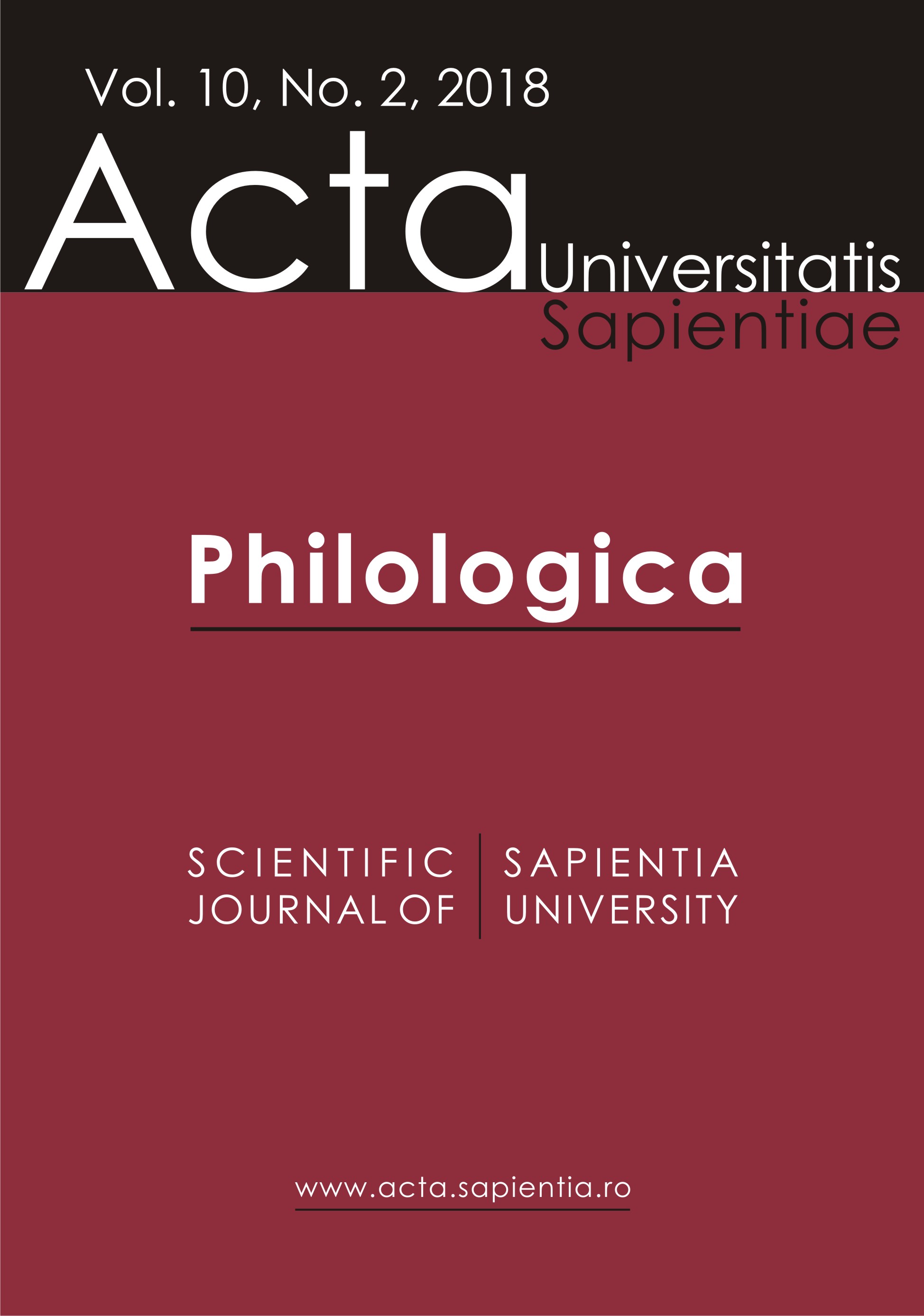An Analysis of Ethnic Influence on Language:
Mandarin or Xinjiang Mandarin?
An Analysis of Ethnic Influence on Language:
Mandarin or Xinjiang Mandarin?
Author(s): Maomao GaoSubject(s): Language studies, Language and Literature Studies
Published by: Scientia Kiadó
Keywords: lexical borrowing; cultural borrowing; ethnic language; multiculturalism; Mandarin
Summary/Abstract: This paper aims to investigate lexical borrowings from ethnic languages to standard Mandarin. Data are collected through daily observation after years of living in Xinjiang, China. The data suggest that phonetic loans and hybrid loans are the major approaches in lexical borrowings from Uyghur, Russian, and Persian. Two motivations behind Uyghur borrowings into Mandarin are discussed: cultural borrowings and core borrowings. Cultural borrowings are new objects, concepts of ethnic origins, which are new to Han Chinese communities. Core borrowings are Mandarin words which have been replaced by Uyghur. However, core borrowings are not associated with the prestige of the donor language in this case; instead, frequency, marker, friendliness, and religious consideration are the major reasons. In addition, this paper analyses the strategies of lexical borrowings from ethnic languages in Mandarin. It further discusses the cultural backgrounds behind lexical borrowings. The lexical borrowings from ethnic languages into Mandarin suggest the openness and inclusiveness of Chinese language and culture.
Journal: Acta Universitatis Sapientiae, Philologica
- Issue Year: 10/2018
- Issue No: 2
- Page Range: 99-107
- Page Count: 9
- Language: English

